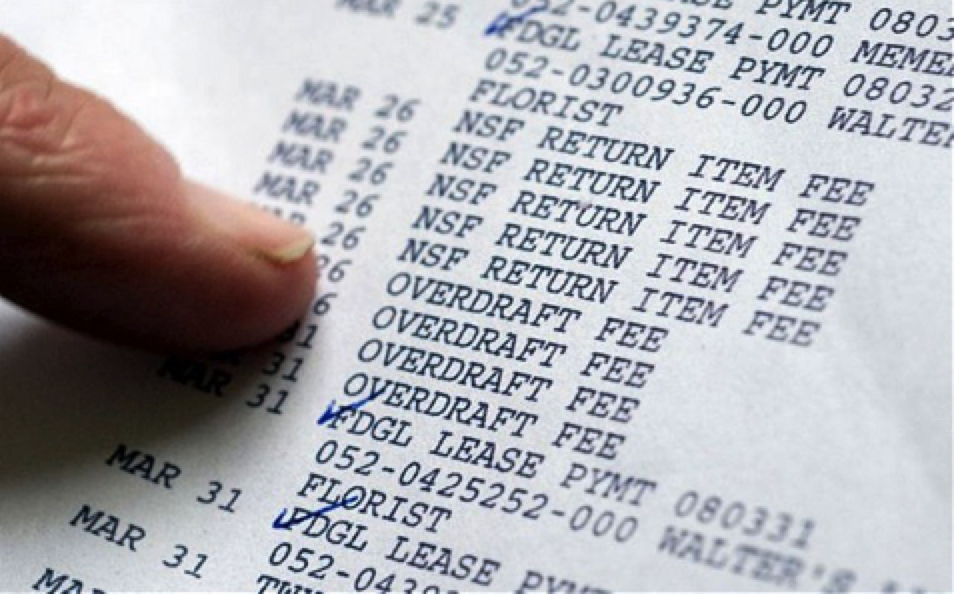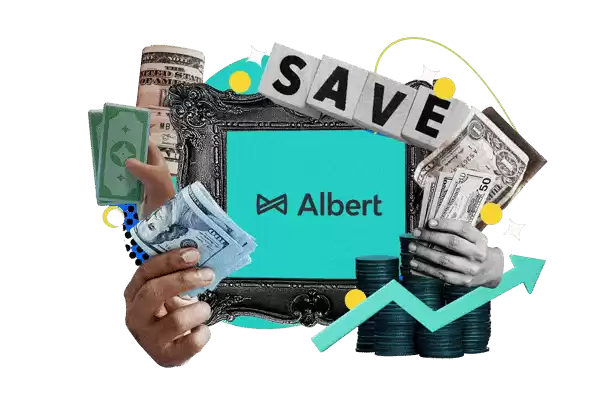At some point in our lives, a lot of us will need a financial helping hand. There is no shame in falling into hard times, and something we will all most likely go through in our lives.
Whether that be dipping into an overdraft every now and then, or needing a personal loan to cover major unexpected bills or home repairs. The most important thing you can do is to stay calm and take the time to understand what you’re getting yourself into. Financial education is key when it comes to smart online banking.
So What Are Overdraft Fees?
Sometimes dipping into an overdraft is inevitable with online banking. We explain everything you need to know about what is an overdraft fee and how to avoid them.
Overdraft Fees Common Questions |
 Here are common questions people ask about overdraft fees: Here are common questions people ask about overdraft fees:
|
How to Avoid Overdraft Fees?
To avoid dipping into an authorized or unauthorized overdraft, there are a few things you can do yourself:
- Ensure you check your balance regularly. Ensure you are not overspending on unnecessary items
- Download your bank’s app, as well as setting up mobile and online banking
- Set up text alerts from when you drop to a certain amount to avoid the red completely
- Set a budget to manage your own finances, check that you’re not dipping into an overdraft for your usual monthly outgoings, and try and make the required budget cuts. Cutting a few dollars off your weekly shopping budget or cutting back on nights out or takeaways could have a massive impact.
- Always open your bank letters. It’s so easy to get into a habit of not reading your bank’s correspondence, however, they might be writing to tell you about changes to your account.
- Make the most of your savings. If you have them and can afford to dip into them slightly, it might be better in the long run to avoid fees, and build it back up at a later date.
- Switch account completely. Different banks offer different rates and deals. Switching might open you up to a whole world of savings in charges (like these savings accounts), as well as some interesting added extras!
How Much are Overdraft Fees?
Here’s a sample of the overdraft fees charged by some popular financial institutions:
| FINANCIAL INSTITUTION | OVERDRAFT FEE |
|---|---|
| Wells Fargo | $35 |
| Bank of America | $35 |
| Capital One | $35 |
| Chase | $34 |
| USAA | $29 |
| Ally | $25 |
How to Get Overdraft Fees Waived
When you are charged an overdraft fee you may have a couple of options. It doesn’t hurt to try to get the fee waived by calling the bank to ask for it to be waived or using apps like Cushion that will pursue bank fee refunds on your behalf. You can also opt-in for automatic overdraft protection if your bank provides it so you won’t pay for these hefty fees anymore.
An overdraft is a loan agreement from your bank or building society, where they extend your credit against your current account. Depending on your bank, it will depend on the overdraft agreement. However, most will charge a set fee for daily usage, or charge a set fee for every time money is borrowed.
The most important thing you need to know is whether the overdraft has been pre-agreed by the bank, or if it is an unauthorized overdraft.
Both incur fees, however dipping into an unauthorized overdraft can carry larger charges, and you may end up paying out a lot more than you initially needed to borrow.
Authorized overdraft
An authorized overdraft or arranged overdraft is a pre-agreed arrangement you will have made with your bank. For a lot of people, this will be offered when opening a new current account. Most banks will also allow you to extend this over time. If you have been with your bank for a while but don’t have an authorized overdraft, you can look online or inquire at your local branch. Most banks will offer the service.
An unauthorized overdraft or unplanned overdraft is when you have spent over the funds in your current account, without agreeing with your bank beforehand. Some banks won’t charge if you dip maybe $5, $10 into an unauthorized overdraft, but you will need to check with your account provider. If you already have an agreed overdraft, but go over the agreement, this can also be classed as an unauthorized overdraft, as you are going over the pre-agreed amount.
The Bottom Line
Sometimes dipping into an overdraft fee is inevitable. The best thing to do is to make sure you are prepared. You can also look into the best checking accounts that don’t charge overdraft fees so you’re protected from these pesky bank fees.
- Get spotted up to $250 without fees
- Join 10+ million people using the finance super app
- Banking with instant discounts on gas, food delivery, groceries and more
- Start investing, saving, and budgeting for free









